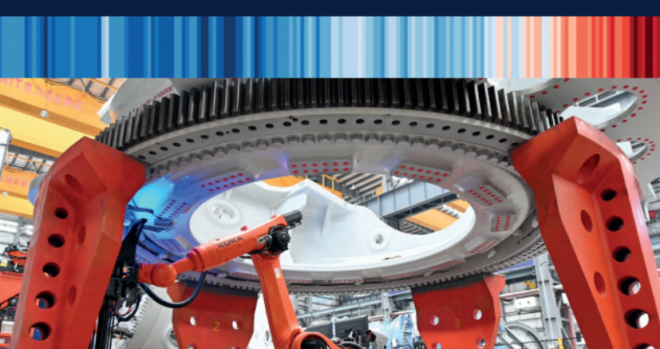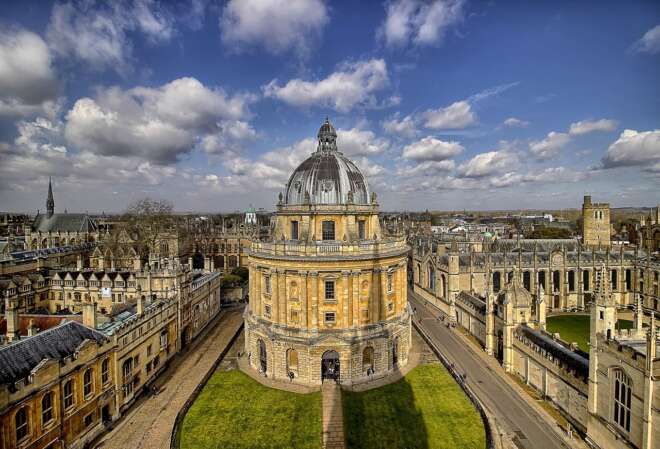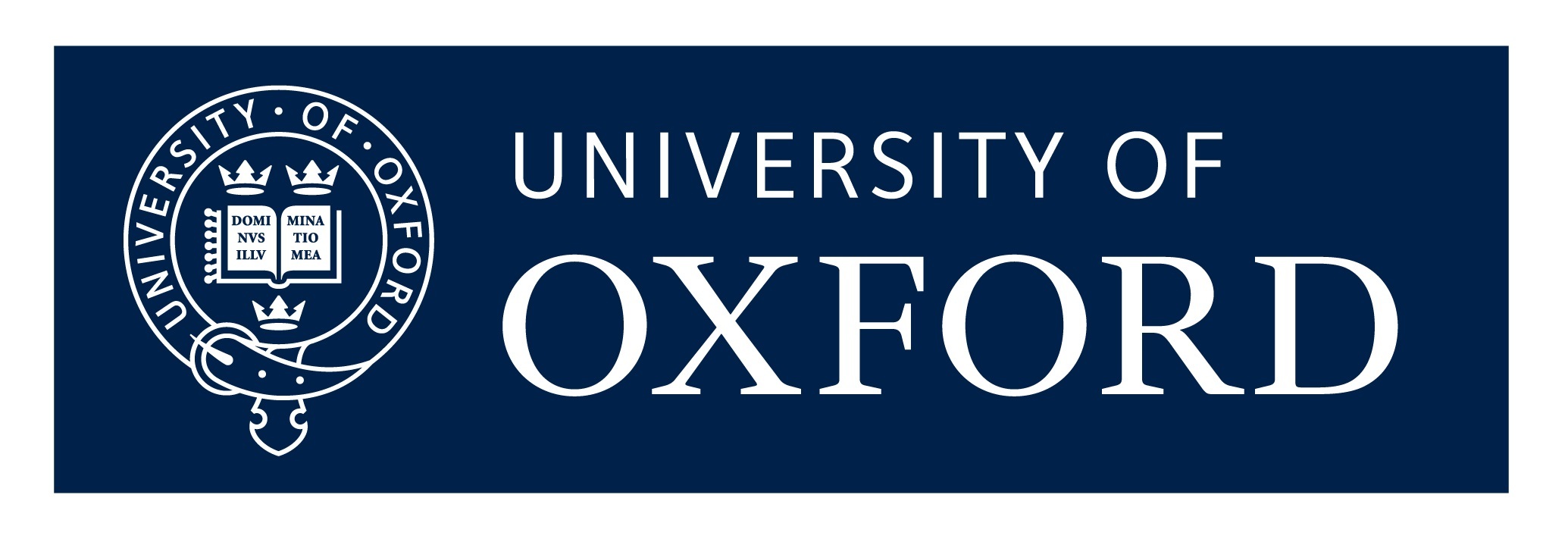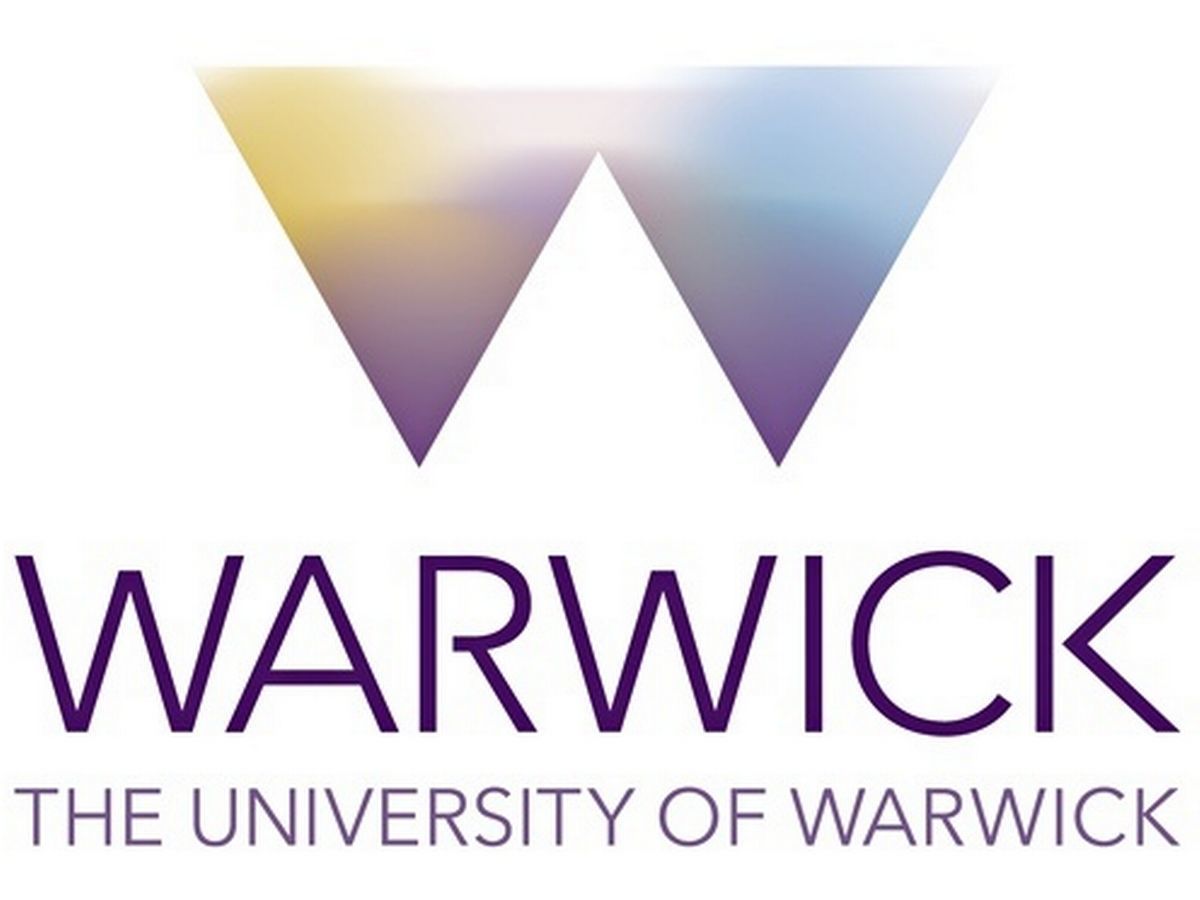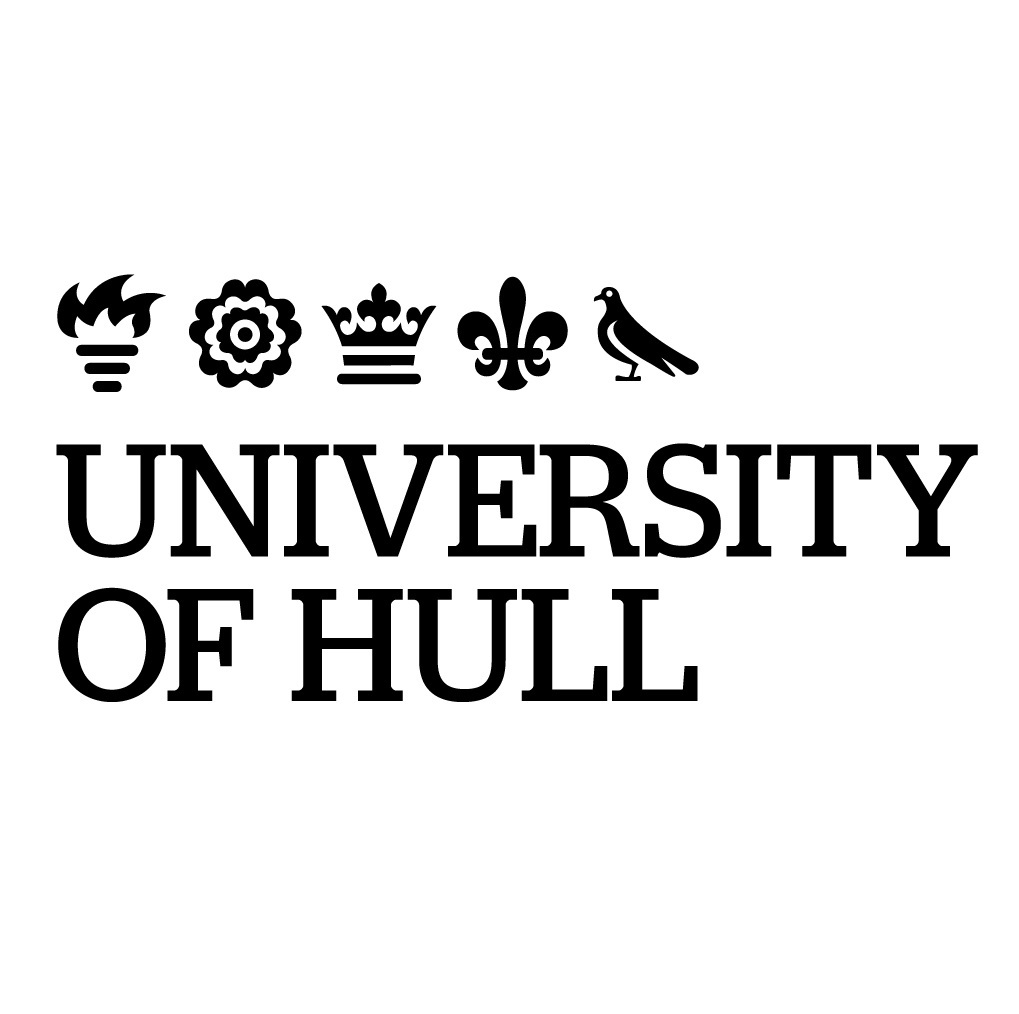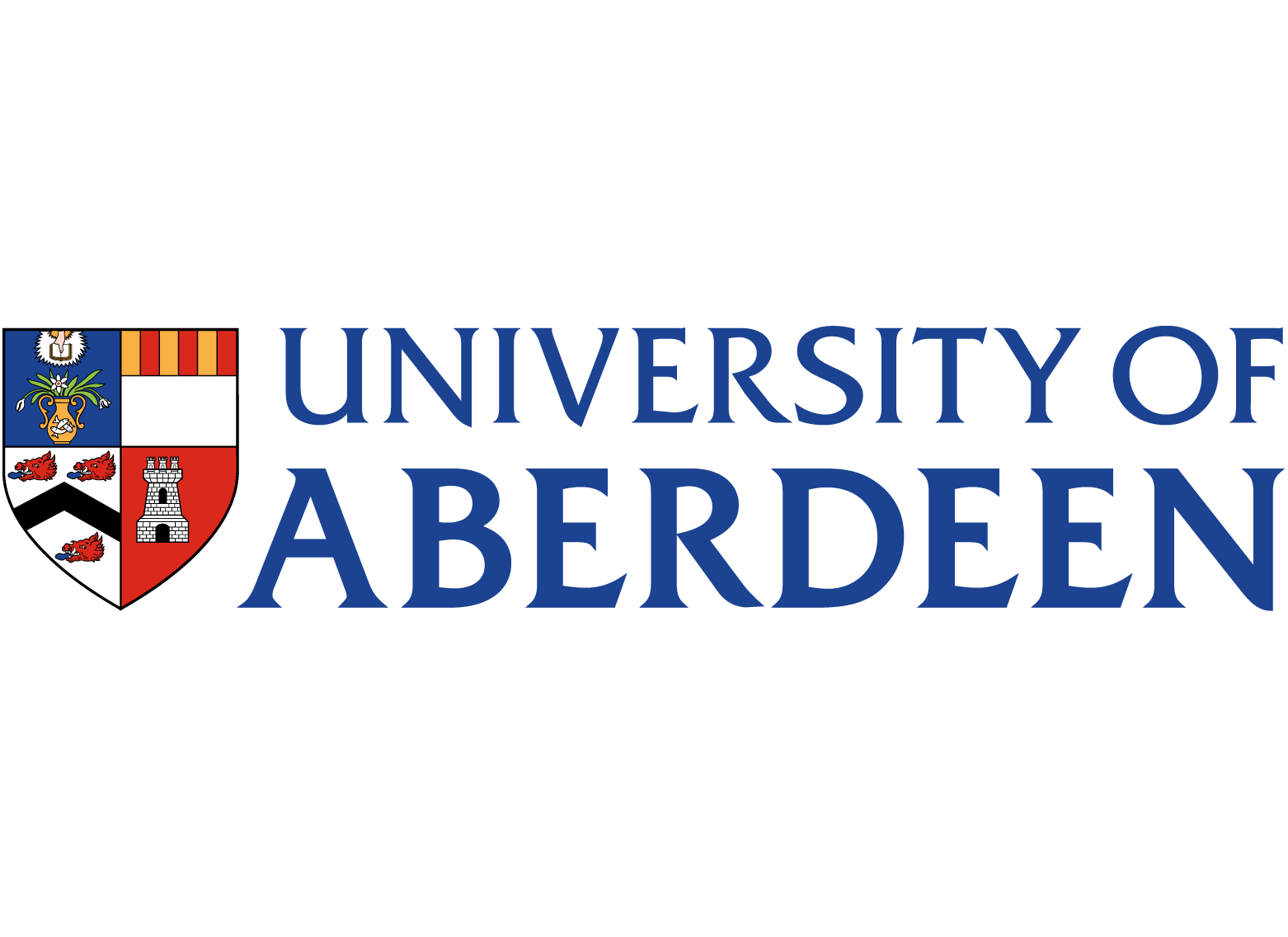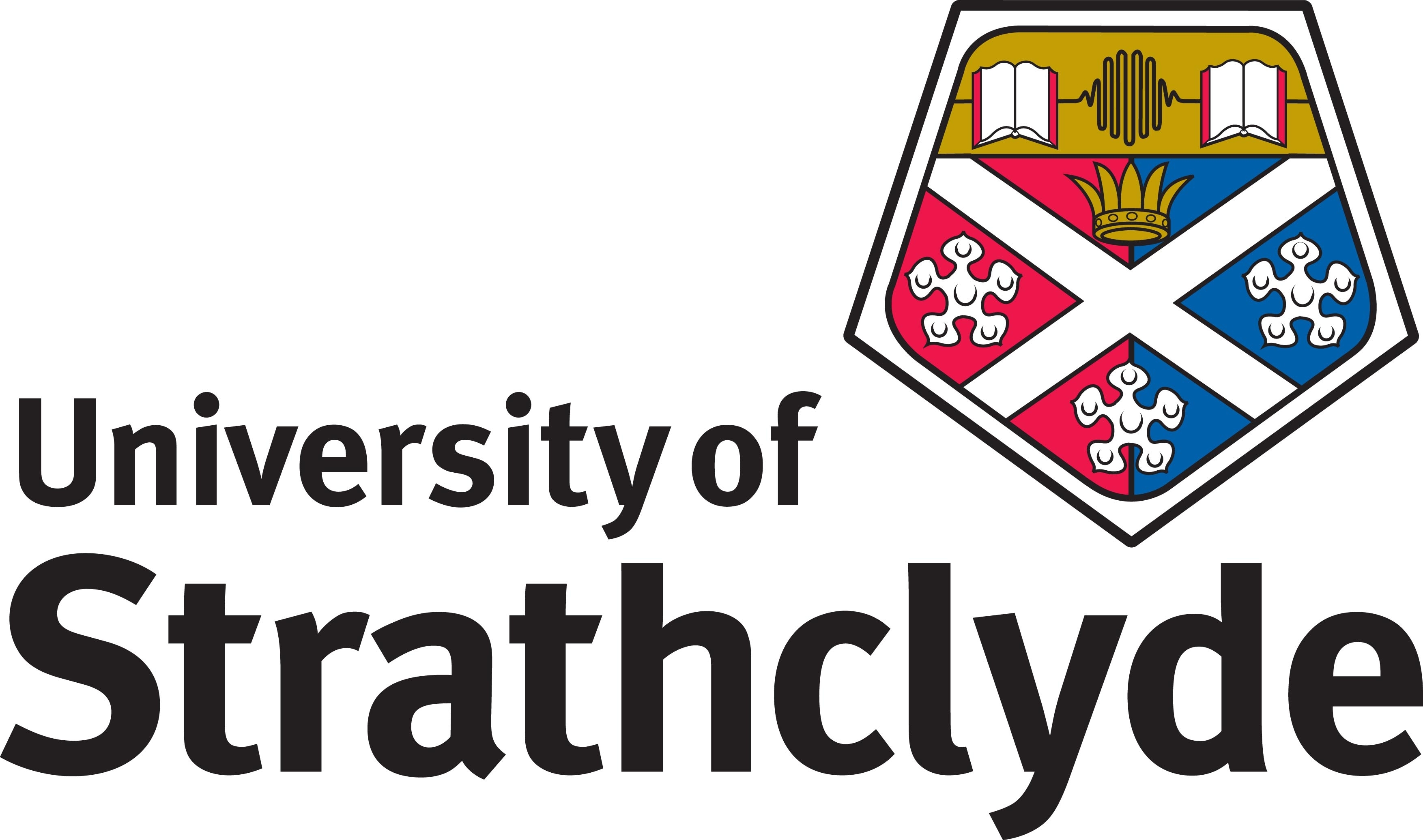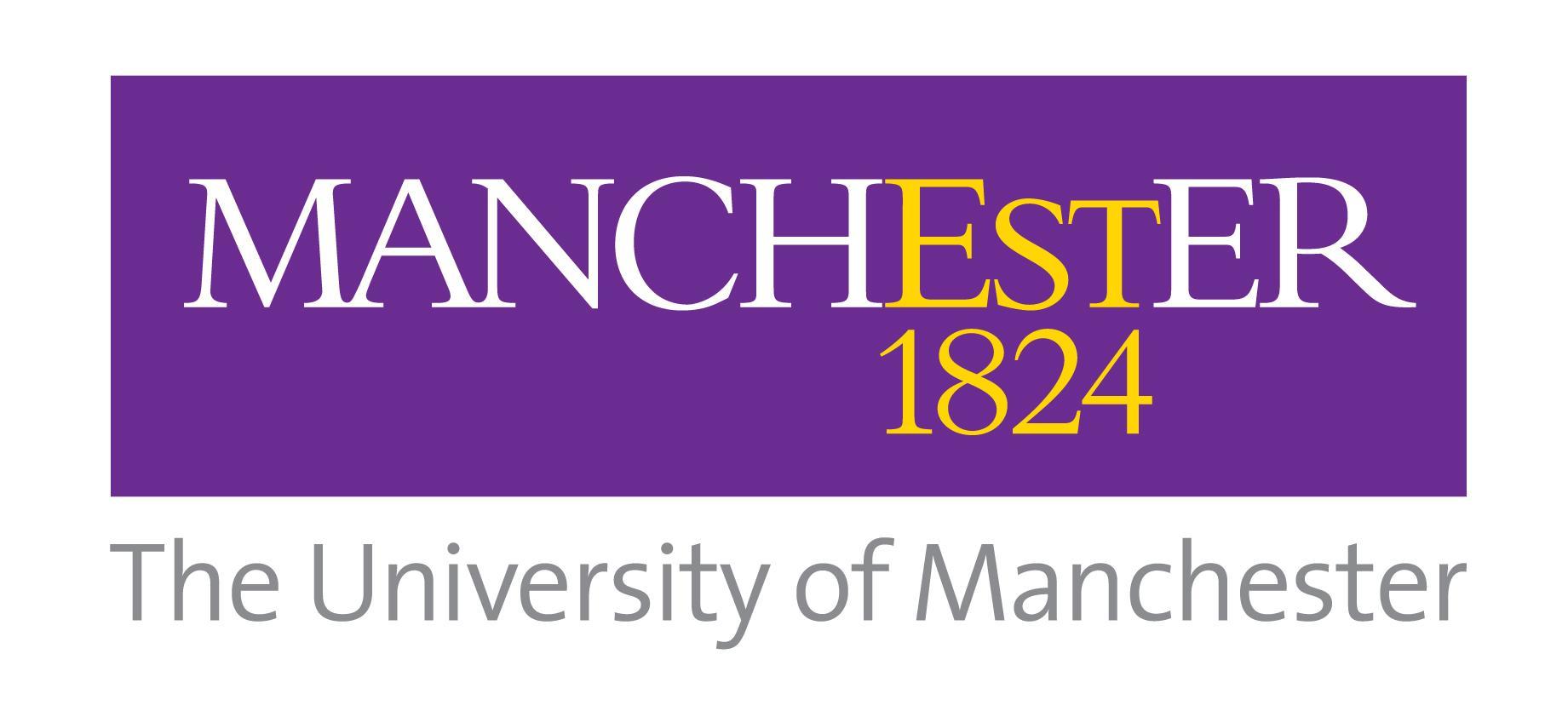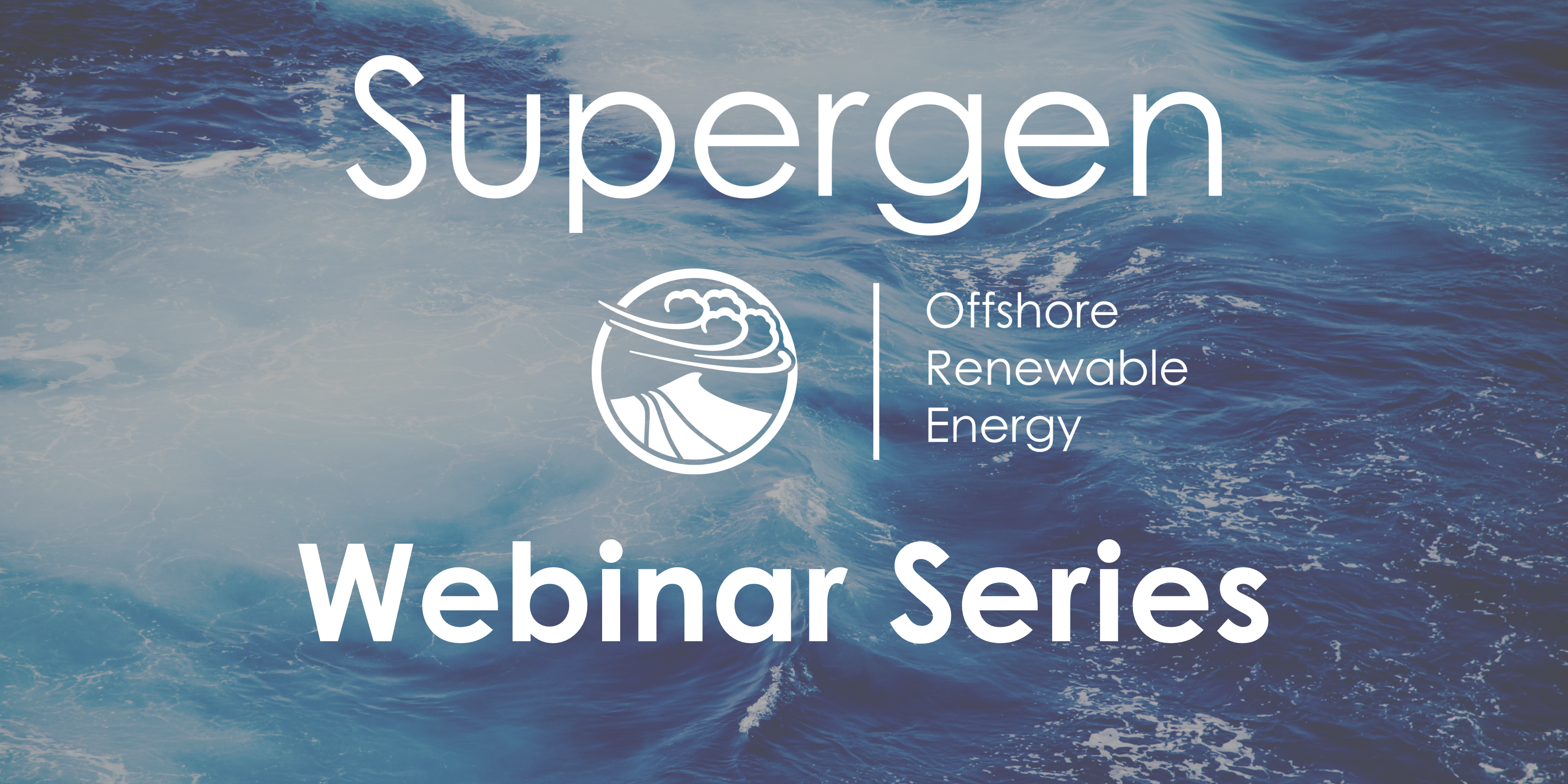
The Supergen ORE Hub is pleased to present the next topic in our new webinar series sharing the latest insights and innovations in offshore renewable energy research and giving a platform to those working at the forefront of ORE research.
The first webinar took place at the end of November 2023 and discussed AI-Based Modelling, Digital Twin, and Control for Offshore Wind Energy. You can watch the recording here.
This webinar focused on The development of a short design event approach for speeding up the prediction of design loads for floating wind turbines. You can watch the recording here.
About the webinar
The floating offshore renewable energy (FORE) design process recommended by standards authorities requires the simulation of thousands of different design load cases (DLCs). The DLC which has the device in survival mode requires multiple 1 hour simulations per sea state along a 50-year return period contour. For fixed offshore wind a constrained wave approach is permitted where a nonlinear regular wave or NewWave (average profile of the largest wave expected in a particular sea state) is embedded into a 10-minute background wave, which is then used in place of the 1-hour simulations to save time and cost.
However, such a constrained wave method is not appropriate for FORE devices as it is not necessarily the largest wave which produces the largest response of interest. A response conditioned focused wave method where the magnitude and phase of the linear response amplitude operators (RAOs) has been adapted from the area of ship design to try and produce an alternative constrained wave method for FORE. The method has been extended to incorporate wind loading for floating offshore wind turbines (FOWTs) and tested numerically on 8 devices covering the 4 main platform types (Spar, semi-sub, TLP, barge).
This research was conducted in collaboration with DNV and Vercity, building on the work carried out as part of the Supergen ORE Hub Work Package Four (Design for Future ORE Solutions) and was extended through an EPSRC-funded impact accelerator award.
About the Speakers
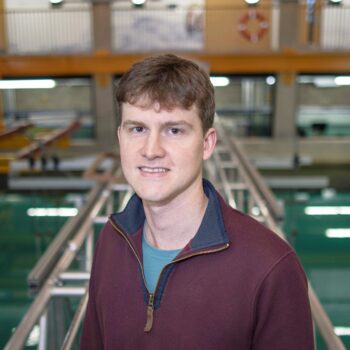
Tom Tosdevin is the COAST Research Fellow at the University of Plymouth supporting the work of the COAST Engineering Research Group and The COAST Laboratory through physical and numerical modelling of floating offshore renewable energy devices. His main research interests are in extreme response modelling and probabilistic design.
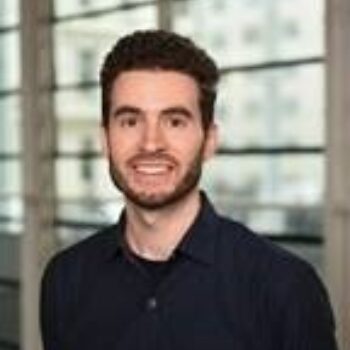
Francesc Fàbregas Flavià is a senior engineer at DNV where he works as a specialist of numerical modelling for floating wind systems. Since he joined DNV in 2020, Francesc has been involved in a wide range of activities, from coupled loads analysis to cost-modelling, optimization, software development and training. Before joining DNV, Francesc worked as a Junior Lecturer in the Fluid Mechanics Section in the department of Civil and Environmental Engineering of Imperial College London. His research focuses on advanced hydrodynamics and on the dynamics of floating structures. Francesc holds an MEng degree in Mechanical Engineering from Universitat Politècnica de Catalunya (UPC, ETSEIB) and an MSc in Renewable Energy Engineering from Cranfield University. After completing his MSc, he worked as a research engineer in the Ocean Systems Test Laboratory of Cranfield University where he participated in the design and testing of small-scale wind and wave energy converter prototypes. He then moved to the LHEEA laboratory of Ecole Centrale de Nantes where he undertook his PhD on the hydrodynamic interactions in large clusters of wave energy converters.
We hope you can join us for this second webinar in the series. Register your free place here.

